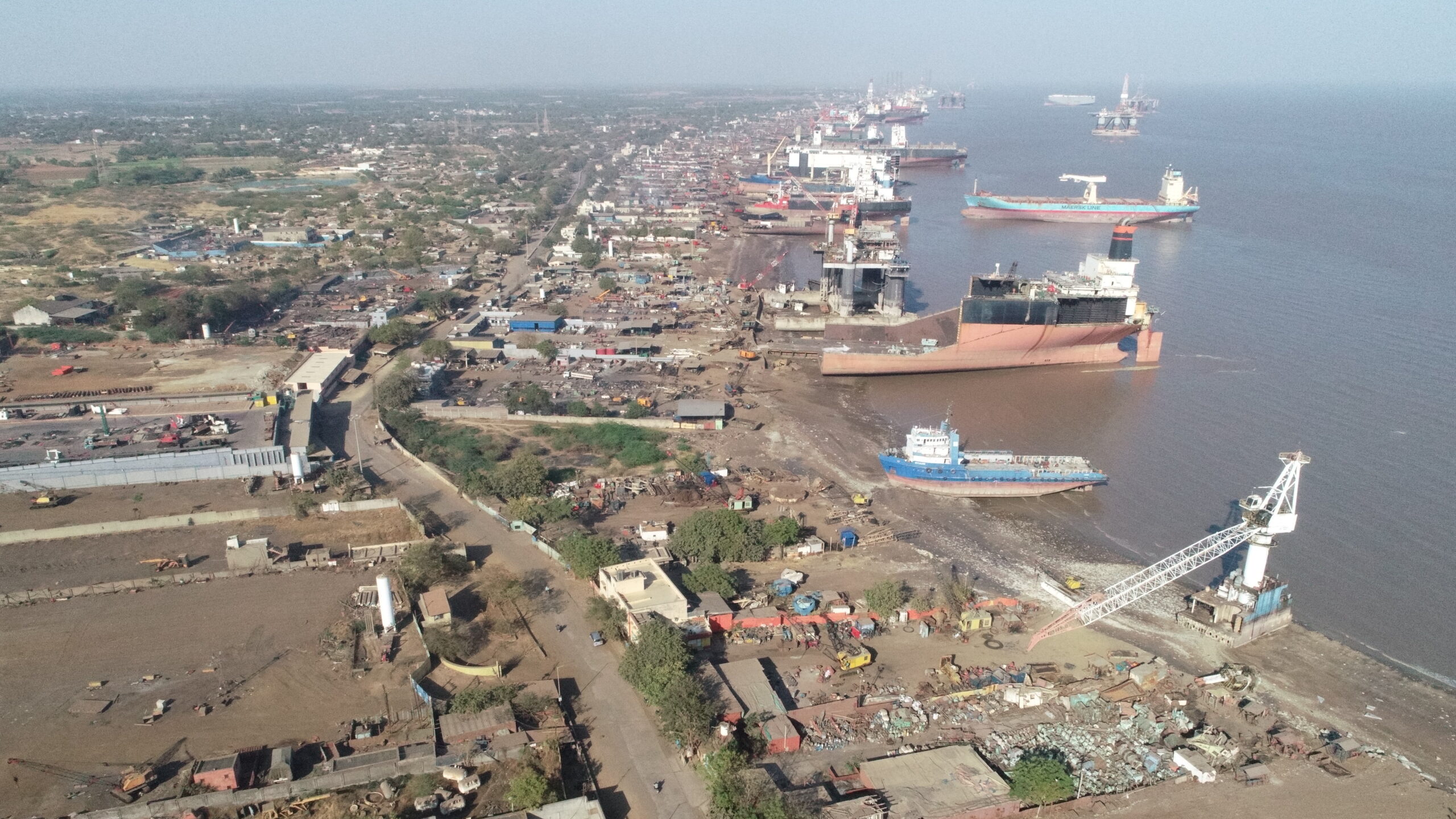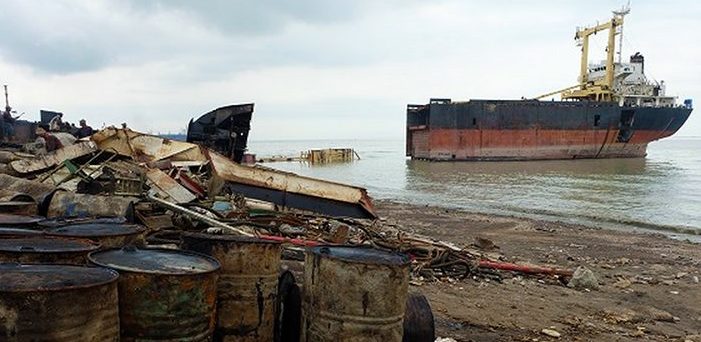Regulations in Focus: Dr. Mikelis Addresses Ship Recycling Challenges at Global Maritime Forum
As the maritime world prepares for a major regulatory milestone, industry experts are urging stakeholders to grasp the significance of the Hong Kong International Convention for the Safe and Environmentally Sound Recycling of Ships (HKC), set to enter into force on 25 June 2025.

“This important international legal document is on the market now,” declared Dr Nikos Mikelis, Executive Director at GMS and a leading architect of the treaty, during a recent industry briefing. Drawing on nearly two decades of regulatory experience, including pivotal roles within the International Maritime Organization (IMO) and early involvement in drafting the HKC, Dr Mikelis outlined the complex history of ship recycling governance and the challenges it still faces.
From Basel to Hong Kong: A Regulatory Evolution
The journey began with the Basel Convention, which came into effect in 1992, aiming to control the transboundary movement of hazardous wastes. One of its key innovations was the principle of prior informed consent, requiring that countries approve the import of hazardous waste before it can be shipped to them.
The 1994 Conference of Parties (COP2) to the Basel Convention marked a turning point, introducing a ban on hazardous waste exports from OECD to non-OECD countries. Though designed to protect vulnerable nations, this restriction created unintended problems for the shipping industry.
“The EU said you cannot export scrapping to non-OECD countries,” Dr Mikelis noted. “It was assumed OECD countries are able to take scrap and process it in an environmentally sound way.”
However, this assumption overlooked the practical realities of global ship recycling. Most shipbreaking facilities are located in non-OECD countries like India, Bangladesh, and Pakistan. As a result, the Basel regime became misaligned with the industry’s operational structure.
“While Basel may have been effective in preventing illegal shipments,” Mikelis said, “it was never designed to address the strategic realities of ship recycling.”
The Hong Kong Convention: A Tailored Solution
After 3.5 years of negotiations, the HKC was adopted in 2009 to fill these gaps. Unlike Basel, which governs transboundary waste shipments, the HKC creates a compliance framework directly between shipowners, flag states, and recycling facilities. It incorporates environmental safeguards and, crucially, worker safety protocols—areas Basel largely ignored.
“The HKC addresses many of the Basel Convention’s problems regarding prior informed consent,” Mikelis explained. “Its approach reflects the continuous ownership and lifecycle of a vessel, rather than treating it as waste in transit.”
EU Regulation and the Ongoing Bottleneck
The EU Ship Recycling Regulation (SRR) attempted to bridge the two conventions by allowing EU-flagged vessels to bypass Basel restrictions—provided they are recycled at EU-approved facilities. However, progress in expanding the approved list has been slow.
“Despite numerous applications from non-OECD yards, approvals are scarce,” said Mikelis. “There is political fear in Brussels—the EU fears the bad. They know we are shipping into grey water here.”
This bottleneck is limiting compliant recycling options and pushing shipowners toward legal uncertainty. At COP17 of the Basel Convention, discussions about whether the HKC could be considered “equivalent” to Basel failed to reach a conclusion. A final determination has been postponed until COP18 in 2027.
“Under the best scenario, the equivalency questions remain unresolved until 2027,” warned Mikelis. “This leaves shipowners in a legal grey zone.”
Legal Risks for Shipowners Mount
This regulatory ambiguity carries real-world consequences. With the Basel Ban Amendment now binding in the EU, and new environmental crime directives coming into force, non-compliance could trigger criminal charges.
In a legal panel following Mikelis’s remarks, Michael Werner, a partner at Norton Rose Fulbright, underscored the risk to European shipowners. Even if a vessel flies a non-EU flag and operates outside EU waters, EU-based beneficial owners could still be liable for recycling in non-OECD countries.
“If you are risk-averse, you should stay within OECD countries for recycling,” Werner advised. “The alternative is to sell your vessel before it reaches end-of-life.”
A Call for Coherent Policy
Dr Mikelis concluded with a stark message for EU regulators: the current patchwork of rules is not sustainable.
“We have a situation where legally compliant options are insufficient, while most practical recycling destinations remain off-limits,” he said. “This imbalance must be corrected if we are to maintain both environmental responsibility and economic practicality in global ship recycling.”
As the 25 June enforcement date approaches, all eyes are on how the maritime industry—and regulators—will adapt to this new era of compliance. Whether the HKC will finally deliver the global coherence long sought in ship recycling remains to be seen.
Author: shipping inbox
shipping and maritime related web portal








